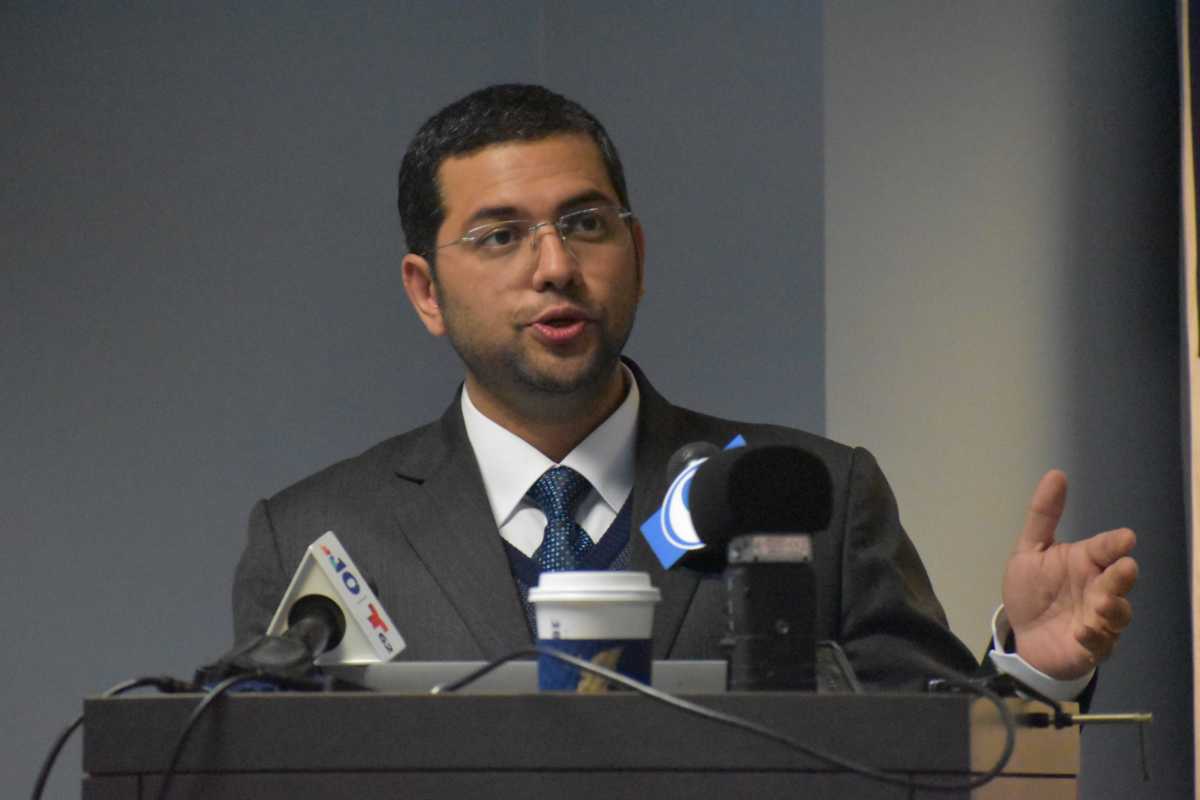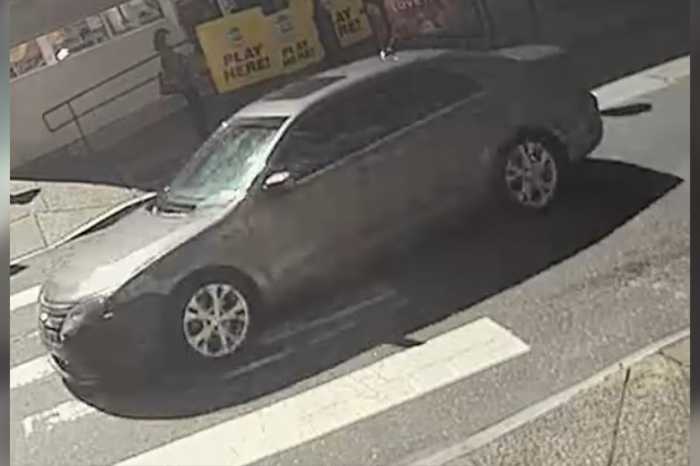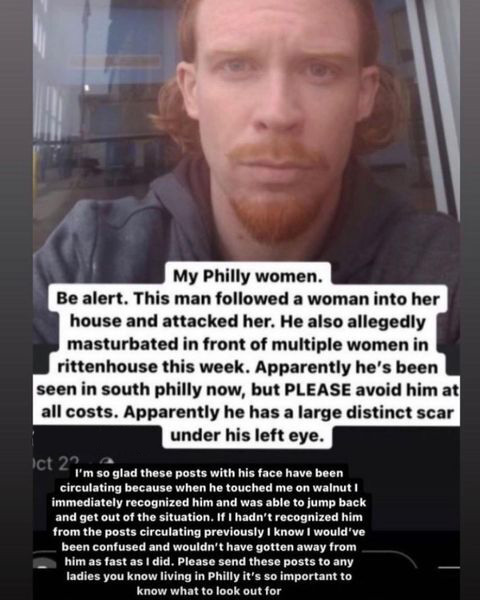Philadelphia is working with a Google subsidiary on a pilot program to help delivery drivers find curb space in Center City and prevent double-parking and other congestion-causing traffic maneuvers.
Beginning Oct. 17, 21 existing curbside loading zones on Chestnut, Walnut and Sansom streets between Broad Street and 6th Street will be converted into “smart loading zones,” requiring drivers to use a cellphone app to pay a fee of up to $3.
City officials hope the program, which will run for six months, will increase shipping efficiency, decrease traffic and improve road safety.
“We’re often among the last to adopt new things and bring them into the city,” Deputy Managing Director Mike Carroll said. “We’re actually what feels to me like very close to the leading edge of what technology can do in terms of managing our curb space with this smart loading zone pilot.”
Delivery workers, and any other driver interested in parking in the one-hour zones, will be able to plug their destination into the Pebble Driver app, created by the Google-owned Sidewalk Labs.
Once they get to within a half-mile of their drop-off point, they will get assigned an available loading zone or be able to pick from a selection of open spots. Should they click a specific zone, it will be reserved for up to 15 minutes.
Users can also just park in an empty spot and scan a QR code or send a text to download the Pebble app.
Once they are parked, drivers can click “start session,” and they will be billed 75 cents for every 15 minutes. Unlike meters, they will not be charged until they log out of the app and are ready to leave the zone, officials said.
Loading zones are currently free; however, the program will benefit shipping businesses, according to Akshay Malik, Philadelphia’s Smart Cities director.
That’s because logistics companies rack up costly fines from the Philadelphia Parking Authority, and the fees — but not the fines — can be tax-deductible business expenses, he said.
Carroll added that one of the goals is to decrease the number of times drivers pull over in the travel lane, stop in crosswalks and park in bus lanes.
Enforcement will be up to the PPA, which can have a vehicle fined or towed for parking in a loading zone.
Drivers with the Pebble app can report if another truck is in the spot they reserved. There’s also an app for PPA officers to check if a particular vehicle is supposed to be parked in the zone.
Fleet management supervisors will be able to monitor fees on a portal, and the city will have its own dashboard for tracking data on the loading zones. Five of the zones will feature on-pavement sensors.
A report evaluating the effectiveness of the pilot program will be issued in fall 2023, city officials said.
For more information about the initiative, go to phila.gov/smart-loading-zones.




























